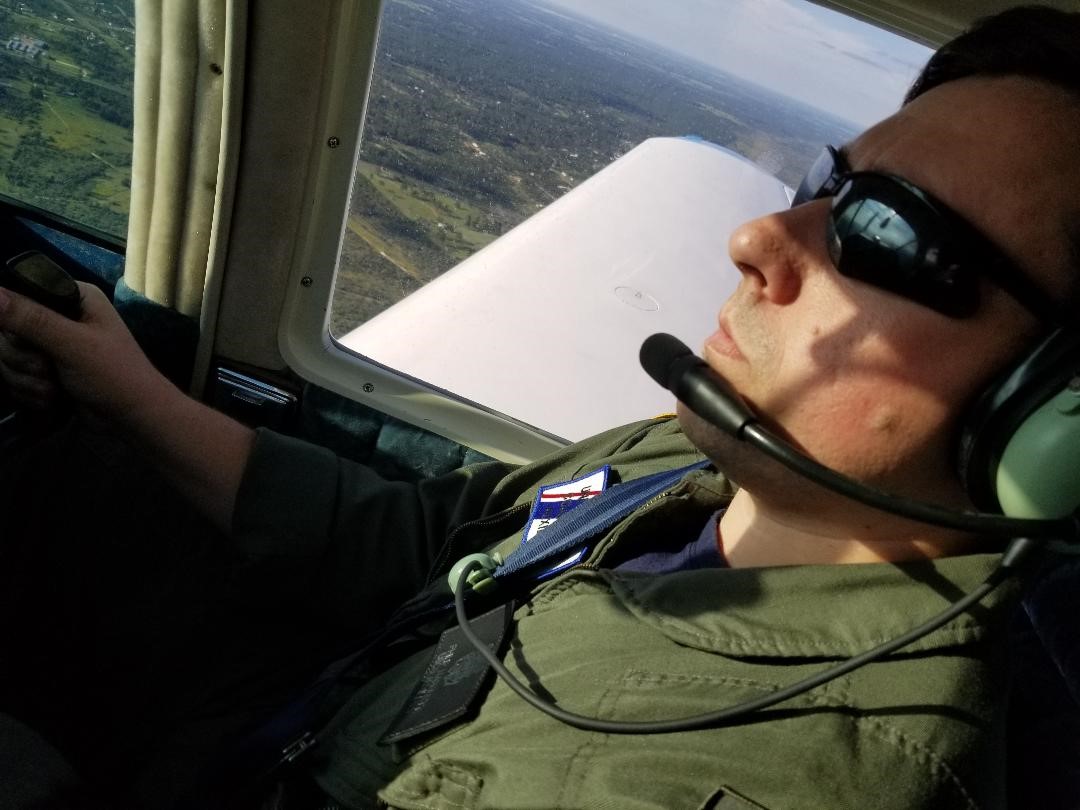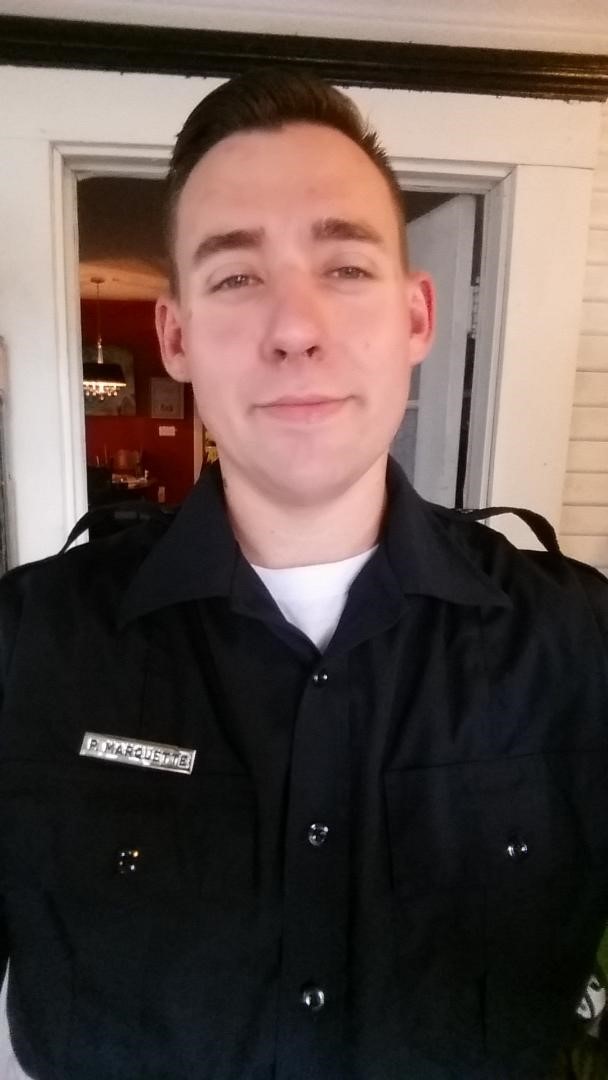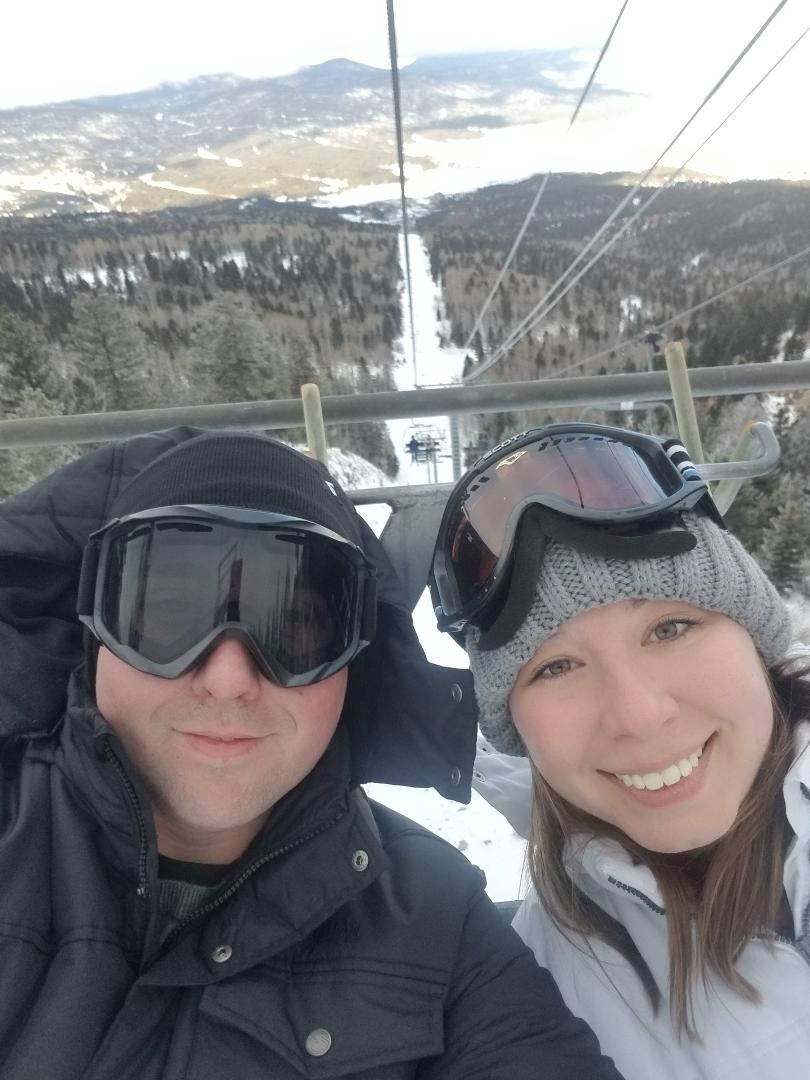We love our medical staff! To celebrate our flight nurses and medics and all the amazing work they do; we’re sitting them down for a question-and-answer session. For this week’s medic Q&A, meet Philip Marquette!
CSI Aviation: Why did you become a flight paramedic, and how is it different from working on the ground in a hospital?
Philip Marquette: I wanted to go further in my career. It was the next interesting step to take other than going back to traditional education, which, I am going back – to finish my bachelors and try to get my masters. [Being a flight medic] was the next goal after becoming a medic. There is certification in between there, but the next tier to separate you from the garden variety medic on the box would be to get your critical care or your flight [certification]. As the goal-oriented person I am, it was like, “There’s a goal, I’m getting it, let’s power through it, let’s look at the next thing, let’s go go go.” In a simple way, it was just for personal and professional growth. I originally worked on a helicopter and now I’m working on fixed wing, so now I’ve gotten to see both worlds.
 [Flying with the United States Coast Guard Auxiliary]
[Flying with the United States Coast Guard Auxiliary]CSI: Which do you prefer? Helicopter or fixed wing?
PM: Helicopters have their place—you get a touch of 911/scene response, so that’s cool and that’s enjoyable, but they’re cramped, and uncomfortable, and so tight…The patient lives in between the left seats’ legs. The right seat has bag right in front of them, and as soon as you need something, it’s like a clown car: you’re just pulling all this equipment out with no table top, no working area — it’s all in your lap. You get scene response, which is nice because you get to work closely with ground EMS, but for the sake of space or riding in comfort or luxury, you can’t beat the fixed wing.
CSI: What have you gained from working at CSI specifically?
PM: Other than the different field perspective between rotor and fixed wing, this company has its own culture. So far, I’m really enjoying being here… [CSI is] a small company, but they shoulder-to-shoulder with any other large company. You still know people personally. I’m not trying to put down my prior company, because I do owe them a lot of experience, but one of my former coworkers once said, “I knew this company got too large when my name — when I was no longer known by a name in the corporate algorithm and I was changed into a number.” That’s something I enjoy here. It’s a little more personable, which not that [my previous company] wasn’t personal at the base level, but at the corporate level, I didn’t know anyone. I knew their title on an email, and that’s it.
CSI: What do you find most rewarding as a flight medic? Or challenging?

PM: There’s a doctor I admire, Dr. Scott Weingart. He’s a dual-board certified critical care (ICU and EDU), doctor, and he’s had this slogan for a long time: “Bringing ICU Care Down to the Door.” Traditionally the ED was just an entry and [the patient] went up to the ICU. [Weingart’s] whole thing was, “Why wait for them to get to the ICU to get final care? Why don’t we bring the care right to the door?” Something I like to do, and I pride myself on is asking, “Why don’t we take that further? Why don’t we take that to the person in the field?” …That’s probably what’s most rewarding and the most challenging at the same time because that can get a bit difficult with limited resources…it’s just you and a partner. Generally, when stuff goes wrong in the ER or ICU, you hit that code button and you have a team. [In the field] it’s just two people—that’s one of the challenging aspects: how to keep that quality of care and try and deliver everything you can to that patient having limited resources, limited people, and limited minds. So, it’s a double-edged sword. It’s the most rewarding and the most challenging [part] at the same time.
CSI: What’s your favorite medical flight, or career story you’d want to share?
PM: I consider this to be one of my true saves, because if I had not made that difference at that time, that kid would’ve been dead. I got dispatched to a 27-year-old male — an asthma attack…When I arrived, I found him on the bathroom floor essentially flopping around like a fish. He was heaving his shoulders to breathe, he was beat red, he was exhausted, he had nothing else. We quickly intervened with medications. We were able to turn his asthma attack around so quickly, within a 7-10 minute window, he went from squeaking like a dog toy because his airway was so closed and his lungs were so constricted–he wasn’t moving any air—to actually being able to talk to us, stand up, and walk to our stretcher in the next room. That [stage is] classically when we lose someone to asthma or medical respiratory distress…If we lose someone to asthma and they go into cardiac arrest, we never turn those ones around. This was the one time it was actually make or break. The romance of this job, “it’s all make or break it’s all life and death every call.” No, it’s not. It’s generally stubbed toes and sniffles…[My partner and I] worked together to turn this guy around really quickly, and I feel like if we’d been 5 minutes later or bumbled our care when we arrived, he probably wouldn’t be here today.
CSI: What do you wish people knew about your job?
PM: That’s hard to say. There’s a lot of things people don’t understand. It’s kind of funny, you know, like I said, that original romance, it’s that blissful ignorance. You don’t really know the good, the bad, and the ugly because you’re not in it. It’s nothing like it’s on the tv! …There are the bad calls, the make or break, you gotta save a life – but that’s really about 1% of the calls. The rest of them are like stubbed toes and sniffles, and sometimes abuse of the system, which I can understand. Some people are in an economical part of their life where they don’t have any other resources, so we’re there for them…I’ve got just as much enjoyment out of saving a life, cause there’s nothing better than saving a life, as I have simply picking up a grandma who has fallen. To them, that’s life or death. They don’t know if they’ve broken a hip, if they’ll lose their mobility, if they’ll lose their quality of life. They’re scared, and I’ve had a grandma ask, “Will you hold my hand during the ride?” and I’m like, “Sure, of course!” That’s as much physical care as it is emotional care. The moment she found out I didn’t live in that county, that broke her heart…She asked, “Well, will I see you again?” I don’t know if I’ll see you again. I hope not, because it’d probably be in another ambulance. There’s a lot to know about [this job] that isn’t known, but it’s hard to pin down one thing.
 [Philip and his fiancé, on a skiing trip]
[Philip and his fiancé, on a skiing trip]CSI: Any fun facts about yourself you want to share?
PM: I’m a workaholic! That isn’t exactly a fun fact, but I do like my work, which is good, you should like your work.
I have 3 dogs: a German shepherd, a lab mix, and a pug. There you go, there’s a fun fact. The pug’s name is Tater, because classic pugs are potato colored. Do you know that quote from the grinch, “Martha May Whovier has the best lights in town?” Well somehow her name turned into Tater-May Whovier. So now I have a pug who has a full name.
CSI: Do either of your other dogs have a full name?
PM: No, no. My [lab mix] is Conway Twitty. I guess he’s got a first and last name, but we never refer to him as Twitty. And my female German shepherd’s name is actually Echo.



